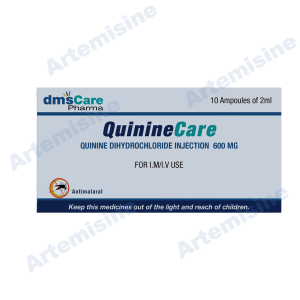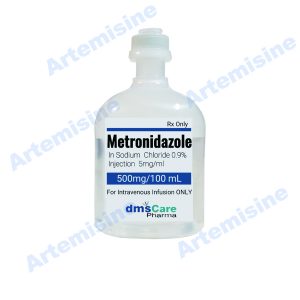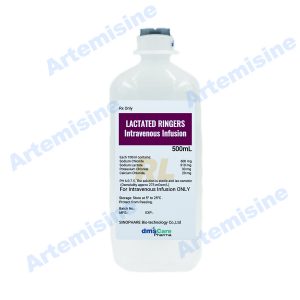Product Description
What is lincomycin?
Lincomycin is an antibiotic that is used to treat severe bacterial infections in people who cannot use penicillin antibiotics.
Lincomycin is used only for a severe infection. lincomycin will not treat a viral infection such as the common cold or flu.
Lincomycin side effects
Get emergency medical help if you have signs of an allergic reaction (hives, difficult breathing, swelling in your face or throat) or a severe skin reaction (fever, sore throat, burning eyes, skin pain, red or purple skin rash with blistering and peeling).
Antibiotic medicine can cause overgrowth of normally harmless bacteria in the intestines. This can lead to an infection that causes mild to severe diarrhea, even months after your last antibiotic dose. If left untreated this condition can lead to life-threatening intestinal problems.
Lincomycin may cause serious side effects. Call your doctor at once if you have:
- severe stomach pain, diarrhea that is watery or bloody (even if it occurs months after your last dose);
- little or no urination;
- blisters or ulcers in your mouth, red or swollen gums, trouble swallowing;
- jaundice (yellowing of the skin or eyes); or
- low blood cell counts–fever, chills, tiredness, skin sores, easy bruising, unusual bleeding, pale skin, cold hands and feet, feeling light-headed or short of breath.
Older adults and those who are ill or debilitated may be more sensitive to the effects of diarrhea caused by this medication.
Common side effects include:
- diarrhea, stomach pain;
- nausea, vomiting, swollen or painful tongue;
- vaginal itching or discharge;
- mild itching or rash;
- ringing in your ears; or
- dizziness.
Before taking this medicine
You should not be treated with lincomycin if you are allergic to lincomycin or clindamycin.
Before you receive lincomycin, tell your doctor if you have a history of intestinal disorder such as ulcerative colitis.
Tell your doctor if you have ever had:
- asthma;
- an intestinal disorder such as colitis;
- severe allergies; or
- liver or kidney disease.
It is not known whether lincomycin will harm an unborn baby. Tell your doctor if you are pregnant.
It may not be safe to breast-feed while using this medicine. Ask your doctor about any risk.




